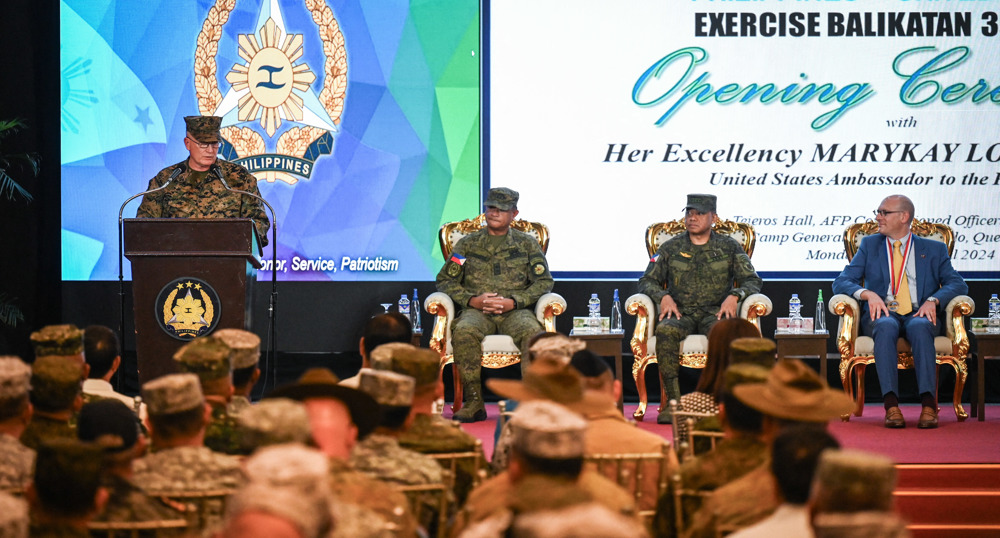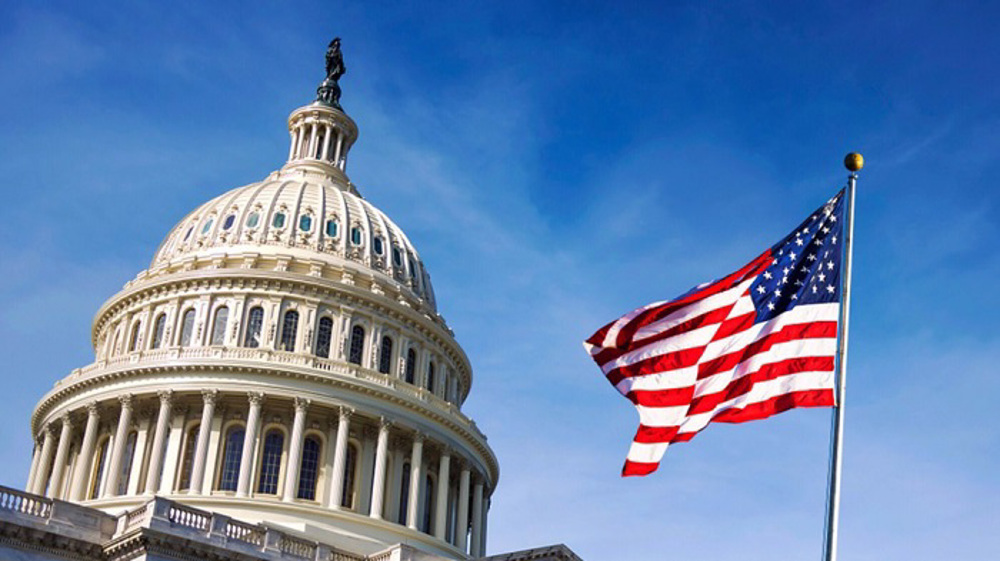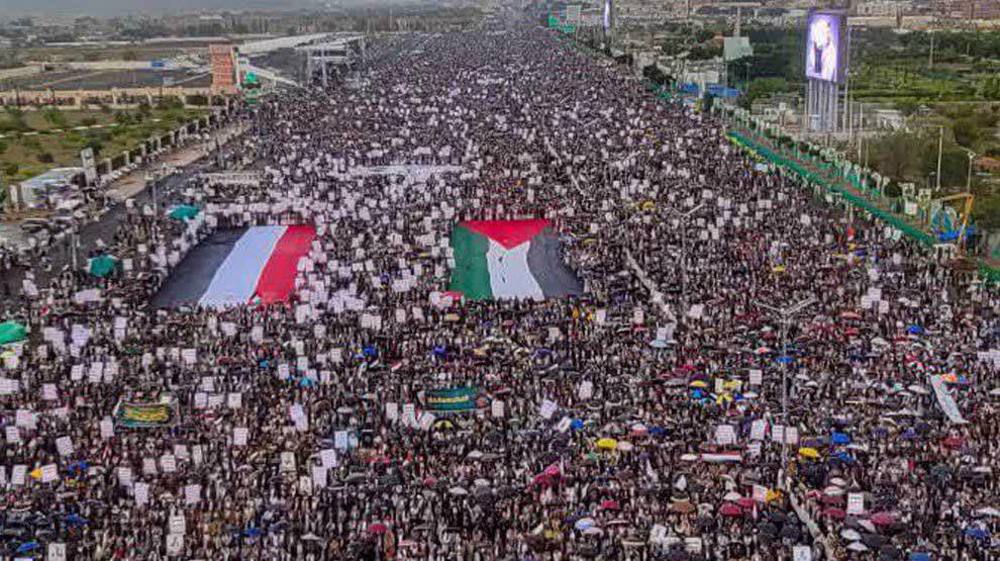Rohingya-linked group calls for peacekeeping troops in Myanmar's Rakhine
A nascent Rohingya-linked armed group, which now calls itself the Arakan Rohingya Salvation Army (ASRA), has called for international peacekeepers to protect the stateless persecuted Muslim minority in Myanmar’s Rakhine state.
The outfit, in a statement on Wednesday, called for the international community to take "necessary measures, including sending peacekeeping forces into Arakan (Rakhine) State".
The group, which denies any links to terrorism, added that it had acted to "defend, salvage and protect (the) Rohingya community in Arakan (Rakhine)".
"We have the legitimate right under international law to defend ourselves in line with the principle of self-defense," the statement read.
Elsewhere in the statement, ASRA said it was fighting to further Rohingya rights, including citizenship, and retrieve their "ancestral lands".
The Wednesday statement was signed by "commander-in-chief" Ata Ullah, who has appeared in several videos demanding political rights for ethnic Rohingya Muslim community.
Myanmar's government has accused the outfit of being terrorists whose leaders were trained by the Taliban, a militant group wreaking havoc in Afghanistan.
Conflict analysts at the International Crisis Group, however, have said that the outfit was born from sectarian violence that ripped Rakhine apart in 2012 and drove thousands of Rohingya Muslims into displacement camps.
ASRA was largely unknown until October 2016, when a series of attacks on Myanmar’s police border posts in northern Rakhine were claimed by the group.
The attacks sparked a fresh crackdown by Myanmar's government forces that sent thousands of Muslims fleeing to neighboring Bangladesh.
Since October 2016, Myanmar’s forces have been carrying out a military crackdown in Rakhine, where the Rohingya community is mainly based.
At least 75,000 Rohingya have since fled from Myanmar to Bangladesh, according to the UN.
UN investigators, who interviewed Rohingya escapees in neighboring Bangladesh, have blamed Myanmar’s government forces for responding with a campaign of murder, gang rape and arson that they say may amount to genocide.
The United Nations Human Rights Council (UNHRC) on Friday agreed to send an international fact-finding mission to investigate widespread allegations of killings, rape and torture by security forces against Rohingya Muslims in Myanmar’s Rakhine.

UN investigators believe security forces may have committed crimes against humanity.
Myanmar’s de facto leader Aung San Suu Kyi has also rebuffed the UN probe, saying any international fact-finding mission "would do more to inflame, rather than resolve, the issues at this time."
Min Aung Hlaing, Myanmar's army chief, recently defended an ongoing crackdown on Rohingya Muslims in Rakhine.
Read more:
Myanmar has long faced criticism for its treatment of the more than one million Rohingya who live in Rakhine State.
Myanmar classifies Rohingya Muslims as stateless or non-citizens, a status which strips them of the right to education, work or social services.
VIDEO | Islamabad rejects US report on rights practices in Pakistan
VIDEO | Yemenis endorse naval forces' attacks on Israeli-linked ships
VIDEO | New national transport strike hits Italy
US to pull out troops from Chad in second African state withdrawal
Yemeni armed forces strike British oil tanker in Red Sea
VIDEO | Genocide in Gaza
VIDEO | Press TV's news headlines
VIDEO | American, Israeli rabbis call for ceasefire during protest near Gaza










 This makes it easy to access the Press TV website
This makes it easy to access the Press TV website